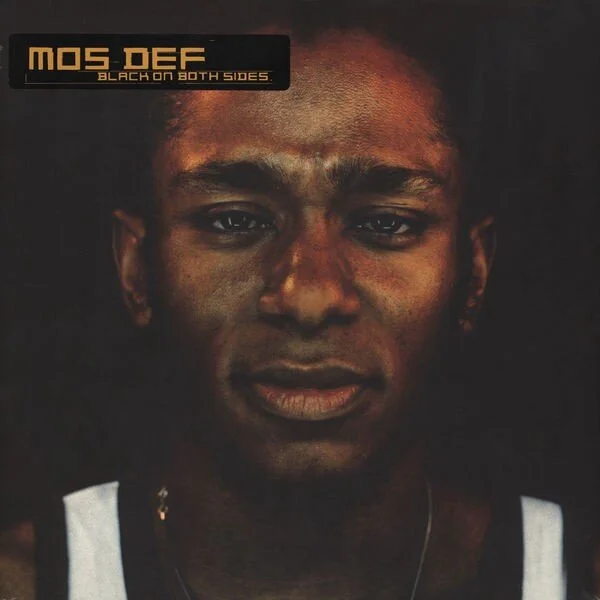How Mos Def Chronicled the Plight of Black People and Championed Afrocentricity on His Album Black on Both Sides
Breaking down wordsmith Mos Def’s seminal album and why it’s still relevant today.
The term Afrocentric is centred on, emphasizing, or showing the influence of African people, black history and culture.
Yasiin Bey (formerly Mos Def) was born Dante Smith in Brooklyn, New York. Def got his start in music working with the (now) relatively obscure rap group Bush Babees and his short-lived family rap trio UTD.
Def’s big break came in 1996 when he landed a feature on De La Soul’s ‘Stakes Is High’ album. Before going solo, Def was in the seminal rap duo with Talib Kweli called ‘Black Star’.
As a duo, Black Star only released one album before going their separate ways. Fortunately, the one album they did release laid the foundation for the makings of classics albums for years to come.
Def’s album ‘Black on Both Sides’ was released at the turn of the millennium on October 12, 1999. The album featured guest spots from the likes of; Vinia Mojica, Talib Kweli, DJ Premier, Busta Rhymes and Q-Tip.
On the album, Mos Def spits socially conscious bars to the backdrop of jazzy, eclectic and experimental production.
On ‘Mathematics’, Def tells the listener that the white unemployment rate is nearly more than triple for black. Sadly, the truth in Def’s sentiment remains true over 20 years later. Later on, Def raps;
““Stiffer stipulations attached to each sentence / budget cutbacks but increased police presence.””
With the BLM movement in full swing with the aid of social media. Def’s subject matter is reflective of how people of colour have been facing injustice for aeons with little improvement.
Songs like ‘Mr. Nigga’ further elaborate on Def’s overarching message on the album.
““You can laugh and criticize Michael Jackson if you wanna / Woody Allen, molested and married his step-daughter / same press kicking dirt on Michael’s name / show Woody and Soon-Yi at the playoff game, holding hands / sit back and just bug, think about that / would he get that type of dap if his name was Woody Black?””
The beauty behind an album like BOBS is that it acts a window into the mind of Def, educating and enlightening the listener on social issues within the black community.
As the title suggests, Mos Def is proud to be black on both sides…
Listen to Mos Def on Spotify and Apple Music here.







